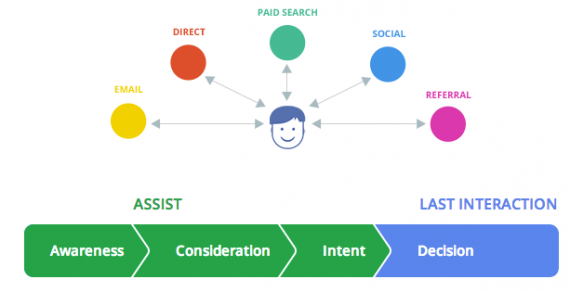In the age of digital connectivity, social media has become an integral part of our daily lives. Beyond its role in connecting people, social media platforms have also transformed the landscape of ecommerce. The influence and reach of these platforms have revolutionized the way businesses engage with customers, promote products, and drive sales. In this article, we will delve into the significant impact of social media on ecommerce and explore how businesses can harness its power to thrive in the digital marketplace.

Social Media as a Sales Channel
Social media platforms have evolved into more than just platforms for communication; they have become powerful sales channels. With the advent of social commerce, businesses can showcase and sell their products directly on platforms like Facebook, Instagram, and Pinterest. The convenience of seamless in-app purchasing and the ability to tag products in posts and stories have transformed the customer journey, making it easier and more enticing for users to make purchase
Social Media Marketing for Ecommerce
Social media marketing has become a cornerstone of successful ecommerce strategies. It allows businesses to reach and engage with a vast audience, build brand awareness, and drive traffic to their online stores. From creating compelling content to running targeted ads, social media marketing offers diverse tools and techniques to promote products and services. By leveraging the power of social media algorithms and utilizing features like hashtags and influencer collaborations, businesses can significantly amplify their online presence and attract potential customers.
Building a Social Media Following
A strong social media following can be a game-changer for ecommerce businesses. By cultivating an engaged community of followers, businesses can expand their brand reach and foster customer loyalty. Consistently sharing valuable and relevant content, actively engaging with followers through comments and direct messages, and running interactive campaigns can help build a loyal customer base. Furthermore, user-generated content and customer testimonials shared on social media can serve as powerful social proof, enhancing the credibility of a brand and driving conversions.
Social Media Customer Service and Support
Social media platforms offer a direct line of communication between businesses and customers. Prompt and personalized customer service has become an expectation, and social media provides an avenue for businesses to respond quickly to inquiries, address concerns, and resolve issues publicly. By providing excellent customer service on social media, businesses can demonstrate their commitment to customer satisfaction and build a positive brand reputation, ultimately fostering long-term customer loyalty.
Social Media Influencers and Brand Ambassadors
Influencer marketing has emerged as a potent tool in the ecommerce realm. Social media influencers and brand ambassadors can leverage their large followings and trusted personas to endorse products and influence purchasing decisions. Partnering with influencers allows businesses to tap into their established audiences, generate buzz around products, and gain credibility through authentic recommendations. By strategically collaborating with influencers whose values align with their brand, ecommerce businesses can expand their reach and generate valuable leads.
Social Media Analytics and Performance Tracking
Social media platforms provide robust analytics tools that enable businesses to track and measure the performance of their marketing efforts. By analyzing metrics such as engagement rates, reach, click-through rates, and conversion data, businesses can gain insights into the effectiveness of their social media campaigns. This data-driven approach allows for continuous optimization, enabling businesses to refine their strategies, target the right audience, and allocate resources effectively to maximize returns on their social media investments.
Conclusion:
The impact of social media on ecommerce cannot be overstated. From serving as a direct sales channel to fostering brand awareness, customer engagement, and loyalty, social media has transformed the way businesses operate and connect with customers. By embracing social media as a powerful marketing and sales tool, businesses can tap into a vast pool of potential customers, drive conversions, and propel their ecommerce ventures to new heights. To thrive in

